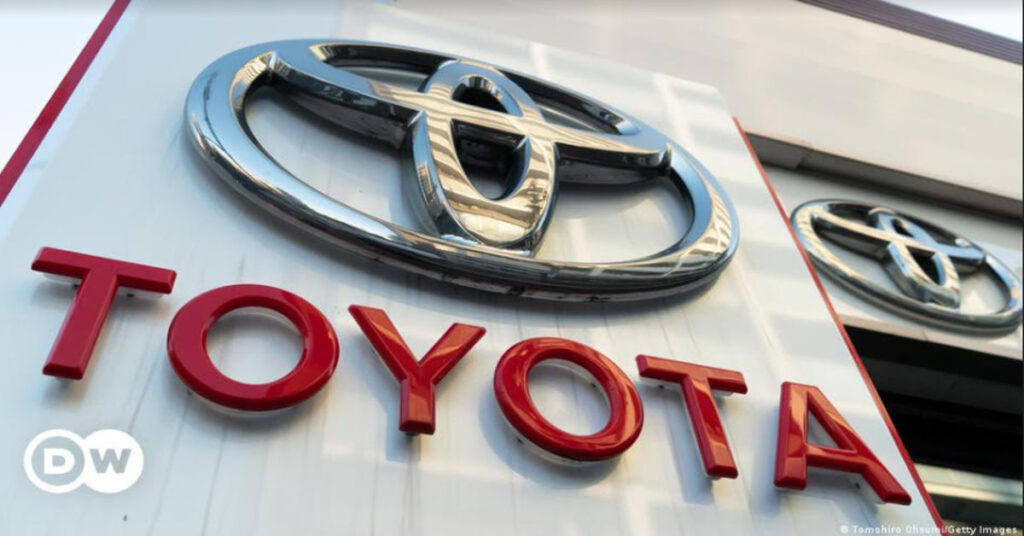What is the car-testing scandal to have hit Japan, and is it the new ‘Dieselgate’?- Dubbed ‘Japan’s Dieselgate,’ the scandal involves several Japanese automakers admitting to falsifying vehicle emissions data and fuel economy tests.

In recent years, Japan’s reputable automotive industry has been embroiled in a car-testing scandal reminiscent of the infamous ‘Dieselgate’ that rocked Volkswagen. Dubbed ‘Japan’s Dieselgate,’ the scandal involves several Japanese automakers admitting to falsifying vehicle emissions data and fuel economy tests.
The controversy erupted in 2016 when Mitsubishi Motors first confessed to manipulating fuel efficiency ratings on some of its domestic models. This admission set off a chain reaction of investigations and further revelations, implicating other major manufacturers such as Nissan, Subaru, and Suzuki. They admitted conducting improper testing procedures, including using non-compliant equipment and manipulating data to meet regulatory standards.
The scandal reveals systemic issues within the Japanese automotive industry. Unlike Volkswagen’s Dieselgate, which primarily involved diesel engines and NOx emissions manipulations, the Japanese scandal mainly pertains to fuel economy tests and a variety of pollutants. This suggests an industry-wide practice fueled by intense competition and pressure to meet stringent regulatory and consumer expectations.
Repercussions
The repercussions have been extensive. On a corporate level, these companies have faced significant financial penalties, reputational damage, and plummeting stock prices. On a regulatory front, the Japanese government has ramped up inspections and imposed stricter compliance norms. Moreover, these incidents have sparked a broader debate about the need for more transparent and rigorous global testing standards.
While the scale of Japan’s scandal may not match the billions in fines. And the global recall that Volkswagen endured, its implications are far-reaching. Consumers’ trust in the automotive industry is eroding, and governments worldwide are under pressure to tighten automotive regulations.
CONCLUSION
In summary, while Japan’s car-testing scandal might not yet be a ‘Dieselgate’ in sheer magnitude. It underscores systemic failures and the critical need for transparency and accountability in the automotive industry. The road to restoring credibility will be long and complex for these manufacturers.
